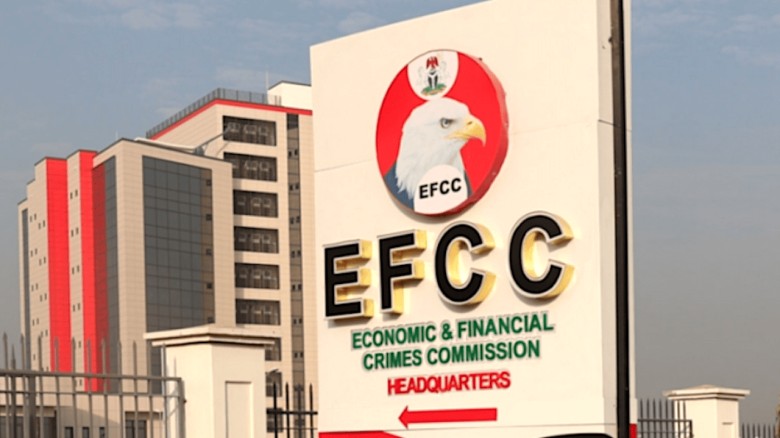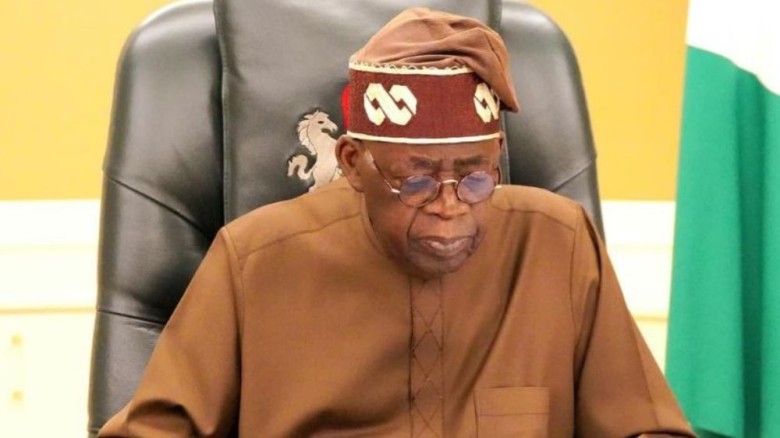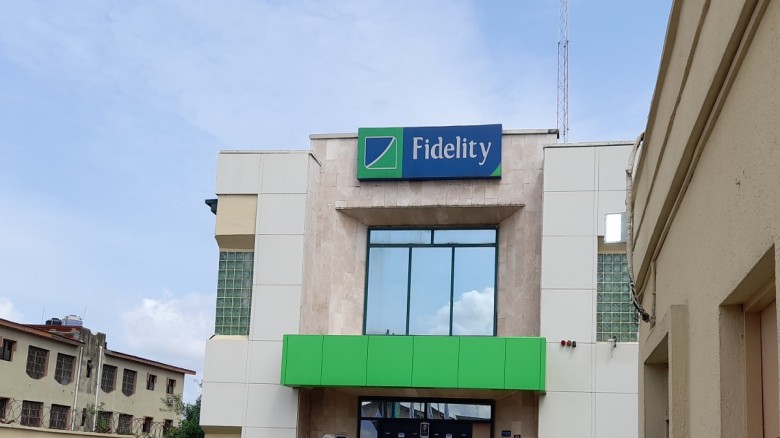Fitch affirms Kogi, Oyo ratings at ‘B’ with stable outlook
Fitch Ratings has confirmed the Long-Term Issuer Default Ratings of Kogi and Oyo States at ‘B’ with a Stable Outlook, highlighting their ongoing dependence on federal revenue distributions.In its most recent evaluation shared on its website, the agency indicated that the ratings demonstrate expectations of sustained fiscal stability in both states, despite external challenges and susceptibility to variations in oil revenue.
Fitch commented, “The affirmation signifies our belief that Kogi’s fiscal performance will remain balanced, even under a stressed scenario of declining oil-related revenue, due to substantial allocations from the federal government, deleveraging in 2024, and manageable external debt. The LT IDR is based on the state’s Standalone Credit Profile (SCP), with no other factors influencing the rating.”
Fitch observed that the states’ ratings are grounded in their fluctuating operating balances, which are influenced by oil price changes, along with rising adjusted debt levels due to increased capital spending.
“It reflects a combination of a ‘Vulnerable’ risk profile and a ‘bb’ financial profile,” Fitch added.
In its evaluation of Oyo, Fitch remarked, “The affirmation of Oyo State’s ratings highlights its ongoing reliance on revenue transfers from the federal government of Nigeria despite enhanced internally generated revenue (IGR). It also reflects Oyo’s manageable debt, which includes some foreign-currency exposure.”
Fitch pointed out that while Oyo State has made progress in increasing its internally generated revenue, federal transfers—mainly statutory allocations and VAT—still account for approximately 80 percent of its total revenue, consistent with the national average for subnational governments.
The agency further noted that the risk profiles of both Kogi and Oyo are influenced by weak socioeconomic indicators and their significant dependence on federal transfers, which remain unpredictable due to their reliance on hydrocarbon revenues.
Fitch reported that around 80 percent of the revenues for both states originate from federal allocations—predominantly value-added tax and statutory transfers related to oil sales.
The agency observed that IGR contributes less than 20% of their operational revenue, which is below the median for Nigerian states.
“We anticipate that transfers will fluctuate in line with oil prices, while a higher naira exchange rate against the US dollar will help mitigate oil price volatility. Though oil-related transfers are expected to stabilize over the medium term, they are likely to remain above NGN100 billion, even if oil prices drop below USD50 per barrel,” Fitch indicated.
Fitch highlighted that Kogi State’s direct debt reached ₦122 billion by the end of 2024, reflecting the effects of naira depreciation, which increased the portion of external debt to about 65 percent of the total—up from 28 percent at the end of 2023.
“Domestic debt fell by 65% year-on-year in 2024 to a modest NGN42 billion,” Fitch stated.
























Leave A Comment